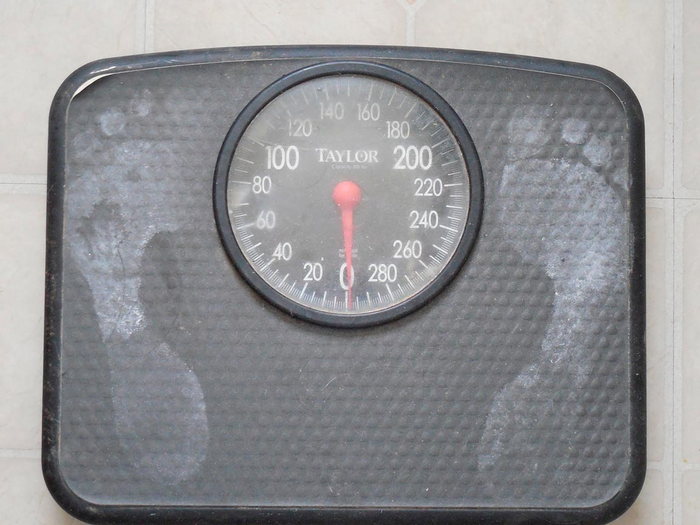Testosterone Boosting Diet
| 02 Sep 2017
Common sense tells us that a carefully managed diet will improve our overall health. However, looking closely at what different foods add to our body can help us actively maintain vitamin and mineral balance, as well as hormonal balance, such as testosterone levels in the body:

Testosterone diet
Bananas – rich in potassium, an electrolyte necessary for muscle contractions that balance body fluids and reduces blood pressure.
Pistachios – rich in protein, fiber, and zinc, which gives the feeling of satiety and satisfying their need for crunching. At the same time, they are rich in sterols which act by regulating cholesterol in the body and have very few calories, while working as a natural testosterone booster.
Tomato Sauce – rich in lycopene, the substance which has been shown to have an anticancer role. Studies show that regular consumption of tomatoes can prevent prostate cancer.
Vegetables – rich in antioxidants and phytochemicals that protect the cellular level of the harmful effect of free radicals and gives you all the nutrients your body needs.
Orange vegetables (peppers, carrots, pumpkin, and sweet potatoes) are excellent sources of beta-carotene, lutein and vitamin C, nutrients that lower the risk of an enlarged prostate.

Green vegetables are rich in lutein and zeaxanthin, compounds that protect against cataract installation, the degenerative eye condition caused by advanced age.
Potatoes – these are not only easy to prepare, but they also taste delicious. Besides this, there are vegetables rich in vitamin C that protects against the adverse action of free radicals responsible for the increased risk of cancer, heart disease or arthritis.
Eggs – rich in lutein, protein, and iron have small amounts of calories and are recommended especially in the morning, to quell hunger in the first part of the day.
Cereals and brown rice – food exceptional regarding the quantity of fiber, which helps maintain weight, reduce the risk of heart disease and type 2 diabetes.
Berries – are full of antioxidants with anticancer properties, have very few calories, helps memory and they taste delicious.
How exercise helps to increase testosterone levels
Low levels of testosterone in men can be improved with the help of activity, according to the latest medical research.
Physicians and fitness professionals are pondering the effects of sport on male hormone necessary for physiological and mental balance after they found that testosterone levels rise immediately after a physical workout.
The Problems Associated with Low Testosterone Levels
When a man’s body does not produce sufficient levels of testosterone, the hormonal deficit is directly reflected in a decreased sexual performance, but also in a state of fragile physical and emotional health.
Reducing the level of testosterone occurs as a natural transformation with age. After the age of 30, testosterone production decreases by about 1-2% annually. Other causes of male sex hormone which can reduce the amount are trauma, various diseases or specific drug treatments.
Moreover, obesity and low testosterone deeply interconnected, the latter thus playing a role in increasing the risk of triggering heart disease.

Testosterone helps maintain some vital body functions, which include:
- Libido;
- Sperm production;
- Muscle development;increase testosterone levels
- The distribution of fat in the body;
- Bone density;
- The production of red blood cells;
Thus, with the installation of testosterone deficiency a lack of sex drive, erectile dysfunction and infertility might occur (70% of men with low levels of this hormone shows erectile problems, and 63% had a little sexual desire, according to the American Diabetes Association).
Insufficient level of testosterone leads to various physiological changes, which include:
- Increased amount of body fat;
- Decrease in muscle mass;
- Brittle bones;
- Hair loss;
- Hot flashes;
- Tiredness;
- Deficient cholesterol metabolism;
The lowered amount of testosterone in the body might entail emotional changes also, leading to sharp feelings of sadness, depression, impaired memory and concentration or low self-esteem.
